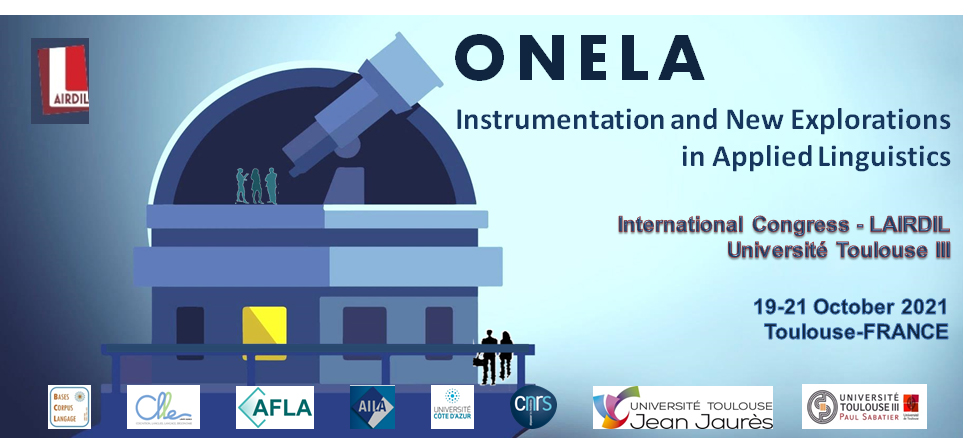With the increasing role of English as the lingua franca of “trade, research and, more recently, academia and HE teaching” (Dafouz, Haines, Pagèze 2020), there is a perception that beyond specific language competences, English language teachers have particular pedagogical and intercultural competences which are also important in other disciplines. For Dearden (2018), “English language teachers are needed now more than ever not only for language support but also for the interactive pedagogy which is often already part of their teaching toolbox.” Thus at a time when many English specialists are solicited to support colleagues in other disciplines embarking on English Medium Instruction (EMI) projects, Airey (2020) goes so far as to suggest that linguists wishing to “remain relevant” must “take the interests of content lecturers into account.” The present paper explores this claimed distinction in pedagogical practice and intercultural competence between language teachers and content lecturers, focusing on a European project on innovative teaching with technologies in higher education.
Bringing together higher education teachers in a range of disciplines, countries and contexts, this Erasmus+ project proposes a framework for higher education teachers to situate their practice in terms of both digital fluency and pedagogical reflection, and includes a collection of video capsules illustrating a range of technology uses from classroom, fully online, and hybrid courses. The examples of technology-mediated teaching practice include some focused on language teaching as well as a range of other disciplines, some taught in the national language and others via EMI. The data examined in the study include the video examples and also interview data from students, teachers, and experienced teacher educators involved in the project.
Analysis centres on a comparison of differences between language and non-language teachers in terms of techno-pedagogical positioning across disciplinary and national boundaries, the perceived role of first and second languages where relevant, and the implementation of task and project-based teaching, as well as questions of teacher identity and communities of practice. Results highlight areas of intersection as well as differences across higher education disciplines with consequences for pedagogical practice, teacher education and ongoing programme development.
Airey, J. (2020) ‘The Content Lecturer and English-Medium Instruction (EMI): Epilogue to the Special Issue on EMI in Higher Education', International Journal of Bilingual Education and Bilingualism 23(3): 340–6.
Dafouz, E., Haines, K., & Pagèze, J. (2020). Supporting educational developers in the era of internationalised higher education: insights from a European project. International Journal of Bilingual Education and Bilingualism, 23(3), 326-339.
Dearden, J. (2018). The changing roles of EMI academics and English language specialists. In Kırkgöz, Y., & Dikilitaş, K. (Eds.). Key issues in English for specific purposes in higher education (pp. 323-338). Berlin: Springer.
- Poster

 PDF version
PDF version

